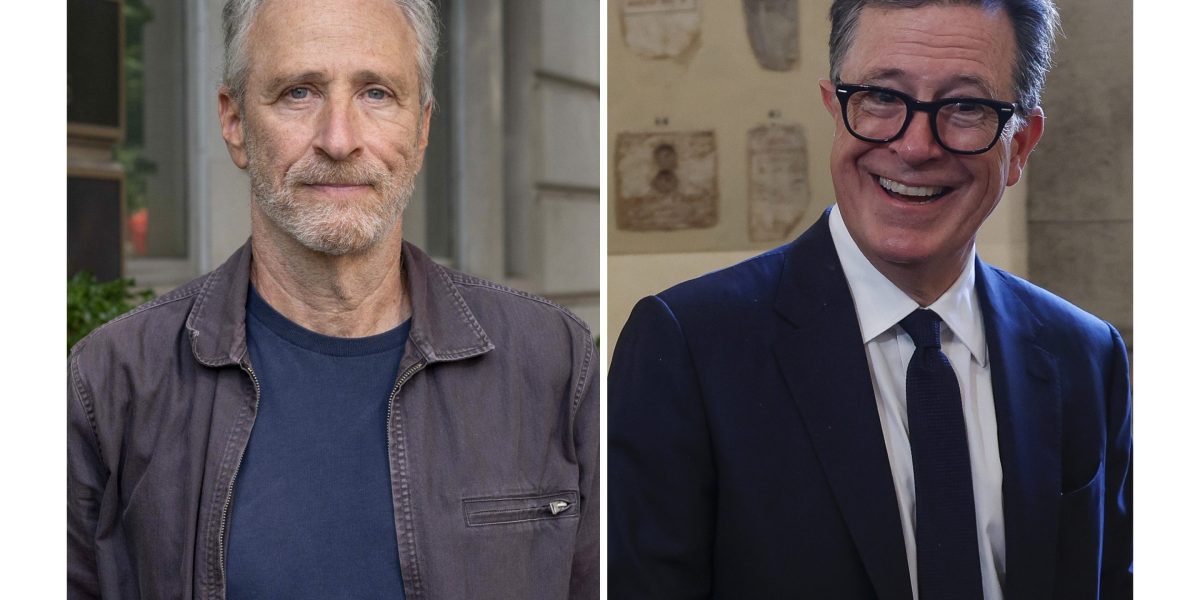HMRC does not know how much tax billionaires pay, say MPs
Unlock the Editor’s Digest for free
Roula Khalaf, Editor of the FT, selects her favourite stories in this weekly newsletter.
The UK’s tax authority does not know how much tax billionaires pay, an influential group of cross-party MPs has found, as the government considers a levy on the country’s richest individuals to close the country’s growing fiscal hole.
“HM Revenue & Customs has no overview of an individual’s total wealth and faces challenges in getting all the data it needs to risk assess and target wealthy people,” according to a report by the House of Commons public accounts committee.
Lloyd Hatton, a Labour MP and member of the committee, said: “I think they know probably how many billionaires there are, I don’t think HMRC know how much tax they’re currently paying as a cohort.”
Hatton added that HMRC’s estimates of the “wealthy tax gap” and the “offshore tax gap”, which represent the difference between money owed and money collected were “woefully inaccurate” by billions of pounds.
“We are talking about large sums of money which we can invest into our public services,” he said, “so this makes a real difference, if we get it right”.
The report, released on Wednesday, also congratulated HMRC for collecting £5.2bn from wealthy individuals in 2023-24, more than double the £2.2bn it raised in 2019-20.
The Labour government has left the door open to higher taxes on the wealthy to close a widening fiscal deficit as the Treasury promises to “protect working people” ahead of the Autumn Budget.
A wealth tax would follow measures in the Budget last October targeting the rich, including the abolition of the non-dom regime and changes to agricultural and business property relief.
Sir Keir Starmer’s spokesperson last week said: “The prime minister has repeatedly said those with the broadest shoulders should carry the largest burden.”
The report’s recommendations included that HMRC should use artificial intelligence (AI) to analyse data and should draw on publicly available information such as the Sunday Times Rich List to create a more complete profile of individuals’ wealth.
Hatton said the Inland Revenue Service in the US already used the Forbes 400 list of billionaires in its research. However, the accuracy and comprehensiveness of such lists are disputed on the basis that wealthy people’s financial arrangements are often private and hard to penetrate.
The report criticised a sharp fall in penalties applied by HMRC to wealthy individuals from 1,750 in 2022-23 to 456 in 2023-24 and said the authority’s stated ambition to increase both penalties and prosecutions was “underwhelming”.
“Extra resources were announced in the recent spending review which allows us to significantly step up our work on closing the tax gap among the wealthiest,” HMRC said.
“This includes recruiting an extra 400 officials specialising in the wealthy and offshore tax gap, and increasing prosecutions of those who evade tax,” it added.
A wealthy person in the UK is defined as having an income of £200,000 or assets of more than £2mn in any of the past three years.
Phineas Hirsch, a lawyer at Payne Hicks Beach, said global tax authorities already had access to data about offshore wealth given the introduction of the Common Reporting Standard, which allows the automatic exchange of information about people’s bank accounts, in 2017.
“It is inevitable that AI will speed up the ‘joining of the dots’ so that tax authorities can process the information received on foreign assets,” he said.
Source link







